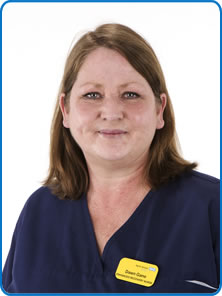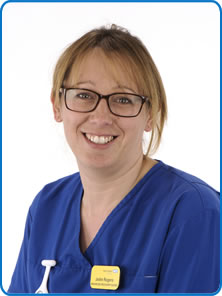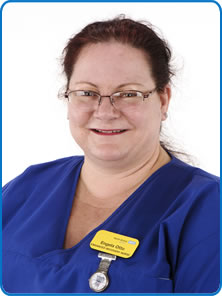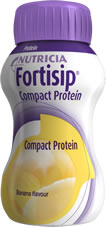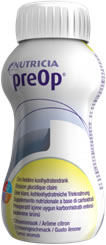The aim of Colorectal Enhanced Recovery Surgery is to get you back to full health as quickly as possible after your operation.
Research indicates that after surgery your recovery will be quicker with fewer complications the earlier we get you out of bed, exercising, eating and drinking. In order to achieve this we need to work together to enhance your recovery.
If you are having a reversal of ileostomy you may benefit from our 23 hour programme. If you are eligible, you will be given all the relevant information prior to your surgery and will include pelvic floor exercises.
If you go home with a stoma, and the output increases, please read the patient information leaflet.
Before surgery
It is important to keep as active as you can before your operation and if you are a smoker you should stop now. Stopping smoking helps reduce breathing problems after surgery. You can see your GP or pharmacist for advice to help you stop smoking.
Outpatients
Before you come into hospital for your surgery, your Consultant will see you in the outpatients department to explain your operation. Following this you will be sent a date to attend the pre-operative assessment clinic, where we will carry out routine tests to ensure you are fit and safely prepared for surgery. All patients are routinely screened for potential infections at this time.
Pre-operative assessment clinic
The specialist Enhanced Recovery Nurse will see you at the pre-operative assessment clinic and will explain the programme to you.
What you eat is important, as good nutrition now will help you recover faster from your operation.
You will be able to eat and drink as normal although It may be suggested that you benefit from a low fibre or ‘low residue’ diet. For examples of a low fibre diet download
You will be given a choice of special nourishing supplement drinks called ‘fortijuce’ and ‘fortisip’, in a variety of flavours. These are nutritional supplements containing protein (to aid healing) and vitamins (to support your immune system ). Regardless of your weight or appetite, you will be given some of these drinks to take home with you. Take them at the time discussed.
You will be provided with written information and given the opportunity to ask questions. If you have concerns about your appetite or diet before coming in for your operation please speak to the nurses at your pre-assessment visit.
If required, you will be referred to the anaesthetist, pharmacist and stoma nurse.
If you were told to take Preop drinks, take them at the time discussed. These drinks are a clear liquid ‘breakfast’ to ensure your body has fuel to work with whilst you are not eating. If you are diabetic we will not give you these as they can cause your blood sugars to rise.
You may be required to take medication to clear the contents of your bowel, this will be discussed with you if required.
Once you arrive for surgery
Before your operation you may need 1 – 2 enema(s) to empty you bowel contents. Some patients may be required to take medication the day before in order to achieve this, this will be fully explained to you.
In order to help prevent blood clots you will be required to wear special support stockings (TEDS). The nurse will need to measure your legs to obtain the correct size.
After your surgery
Mobilizing and exercising
Following your surgery, when you wake up, it is important that you do deep breathing exercises (as prevention against chest infection). You will need to do 5 deep breathing exercises every hour as follows:
- Be in an upright position
- Take a deep slow breath in (feel your stomach gently rise)
- Hold the breath for 3 seconds
- Breathe out slowly
Following this progression chart will help improve your recovery. The nurses on the ward will assist you or if you have any questions.
|
Day of surgery, after your operation
|
Day 1, 2, 3 and 4 after your surgery
|
|
Drink freely as tolerated
|
Get dressed in your day clothes
|
| Eat a light diet 6 hours after surgery |
Sit out of bed for 6-8 hours
|
|
Sit out of bed for at least 1 hour
|
Eat and drink freely as tolerated
|
|
Fortisip or Fortijuce drinks as tolerated
|
X3 Fortisip or Fortijuce during the day
|
|
Complete daily progression diary
|
Walk approximately 60 metres 4 times a day
|
| |
Complete daily progression diary
|
| |
Do you know your planned discharge date? Plan for discharge (ask your nurse if you are unsure)
|
For further information:

